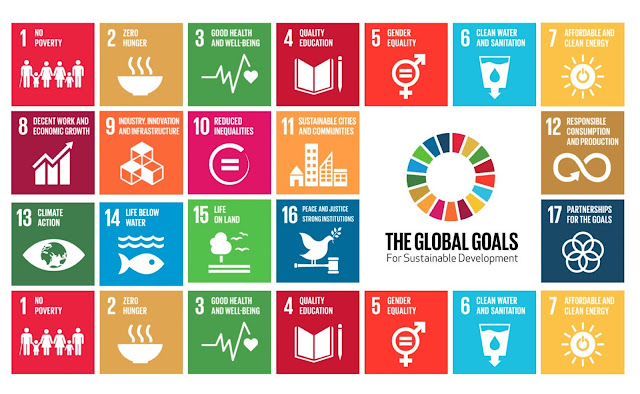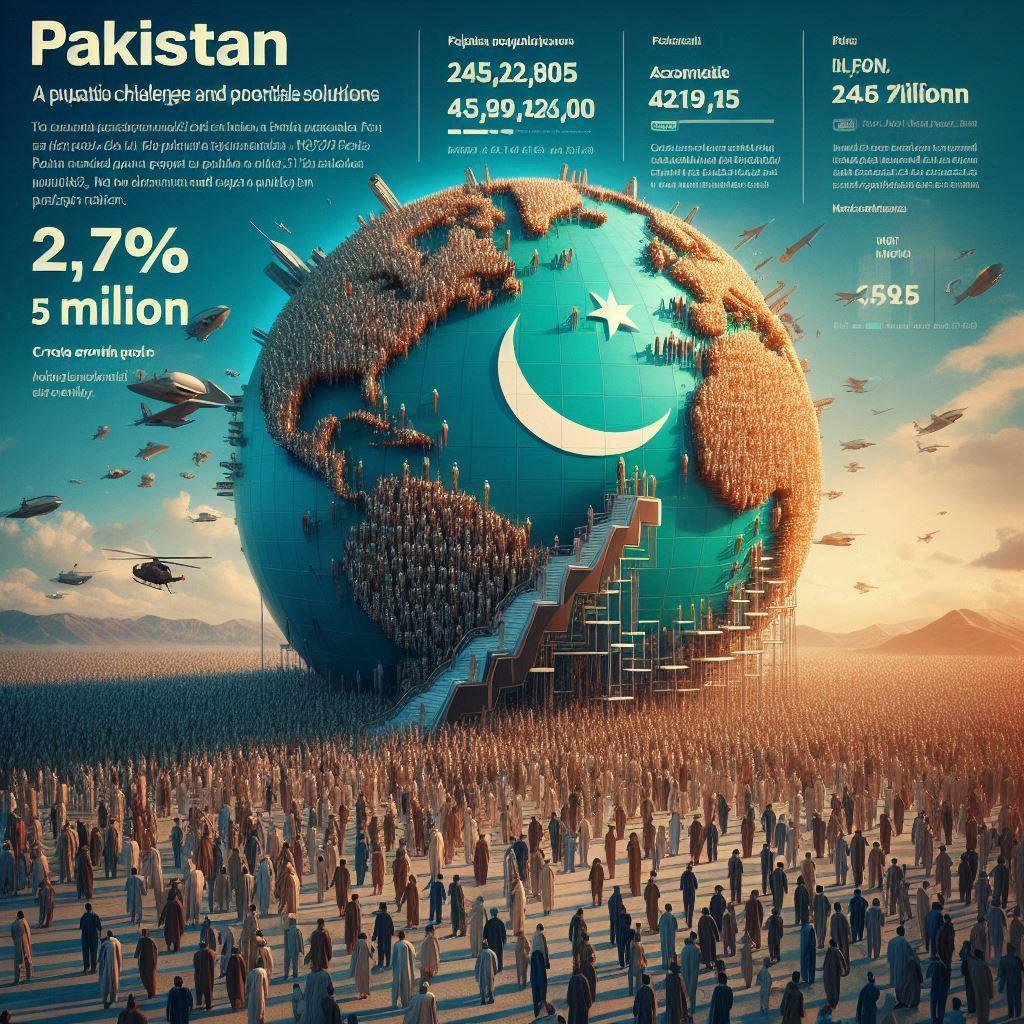The health system or health care system plays an integral role in shaping the overall well-being of a population. From improving health behaviours to addressing socioeconomic and cultural factors, these systems aim to ensure equitable access to quality healthcare services. In this article, we will explore the significance of health systems, particularly in underdeveloped countries like Pakistan, where access to proper healthcare remains a challenge.
Introduction
Health systems are the backbone of a nation’s efforts to provide healthcare services to its citizens. They encompass a comprehensive network of healthcare providers, policies, and resources that collectively aim to meet the health needs of the population. In underdeveloped countries like Pakistan, the challenges are immense, and the role of health systems becomes even more crucial.
Understanding Health Systems
Defining Health Systems
A health system is not just about hospitals and clinics; it’s a complex web of interactions between healthcare providers, government policies, resources, and the community. It’s about addressing both curative and preventive aspects of healthcare, ensuring that individuals receive appropriate treatment and guidance to maintain their well-being.
Factors Influencing Health Behaviors
Health behaviours are influenced by various factors such as physical conditions, socioeconomic status, cultural beliefs, and even political contexts. These factors collectively shape the utilization of healthcare services. Demographics, education levels, cultural norms, and prevailing disease patterns all play a role in determining how individuals seek and access healthcare.
Importance of Health Systems in Underdeveloped Countries
Socioeconomic Impact on Health Behaviors
In underdeveloped countries, where poverty and limited resources are prevalent, socioeconomic conditions have a significant impact on health behaviours. Improving living conditions through multi-faceted initiatives, such as micro-financing for women, life-skills training, and informal education, can lead to positive changes in health behaviours. These improvements can ultimately result in reduced morbidity, mortality rates, and empowerment of women.
Role of Education and Cultural Beliefs
Education plays a pivotal role in influencing health-seeking actions. By educating communities about disease prevention, family planning, and recognizing danger signs in illnesses, healthcare systems can empower individuals to make informed decisions about their health. Additionally, respecting cultural beliefs and norms is essential for fostering better communication between healthcare providers and clients.
Key Players in Health System Improvement
Healthcare Providers and Their Role
Healthcare providers, including doctors, nurses, and other medical professionals, are at the forefront of healthcare delivery. Their expertise and empathy are critical in building trust with patients and ensuring proper diagnosis and treatment. Attuning to the needs of diverse clients, particularly women, fosters a more patient-centred approach.
National Health Policies and Implementation
Effective national health policies are the backbone of a well-functioning health system. These policies outline strategies for resource allocation, healthcare delivery, and disease prevention. Implementing these policies requires collaboration between government bodies, healthcare providers, and community leaders.
The Crucial Role of Pharmacists
Pharmacists are often overlooked but play a vital role in healthcare systems. They provide essential medication advice, ensuring proper dosages and minimizing adverse effects. Their accessibility and expertise can improve medication adherence and overall patient outcomes.
*Read more Health Card System in Pakistan – Pakistan Desk Net
Economic Considerations in Healthcare
Healthcare Economics and Resource Allocation
Healthcare economics involves balancing limited resources with growing healthcare demands. Allocating resources efficiently while ensuring quality care is a challenge, especially in underdeveloped countries. Proper resource management can lead to better healthcare delivery.
Budgeting Policies for Better Resource Management
Budgeting policies dictate how funds are allocated to various healthcare initiatives. Strategic budgeting can lead to improvements in healthcare infrastructure, staffing, and the availability of essential medical supplies. Prioritizing areas of need can yield significant improvements in healthcare access.
NGOs and Their Impact on Healthcare
Significance of Non-Governmental Organizations (NGOs)
NGOs play a critical role in providing healthcare services to marginalized and underserved communities. Their initiatives can range from setting up clinics and health camps to conducting health awareness campaigns. Collaborative efforts involving NGOs can help reach remote areas with limited access to healthcare.
Collaborative Efforts for Marginalized Groups
Marginalized groups often face barriers to accessing healthcare services. Collaborative efforts involving NGOs, local communities, and healthcare providers can help tailor health promotion campaigns to address the unique needs of these groups. This inclusivity is essential for achieving equitable healthcare access.
Khair List
In a world where opportunities can sometimes feel elusive, a beacon of hope has emerged in the form of the website khair-list.org. This platform stands as a testament to the power of collaboration and empathy, bridging the gap between those seeking assistance and the numerous organizations ready to extend a helping hand. It’s a remarkable tribute to the human spirit, dedicated to bringing solutions to various life challenges all in one place.
The essence of this website lies in its ability to connect individuals, organizations, and NGOs offering assistance in critical areas such as food, health, education, and more. With its comprehensive database, Khair List offers a seamless experience for those wanting to donate or receive aid. It’s not just a website; it’s a pathway to empowerment, an avenue for community betterment, and a testament to the beauty of unity. Let us all spread the word about this incredible initiative and amplify its impact.
Challenges and Opportunities in Pakistan’s Healthcare
Strengthening Healthcare Infrastructure
Pakistan’s healthcare infrastructure is extensive, yet challenges persist. Strengthening this infrastructure to ensure quality services and accessibility is vital. This includes expanding healthcare facilities, particularly in rural areas, and improving the availability of medical professionals.
Enhancing Healthcare Personnel’s Skills
Training healthcare personnel to possess qualities such as empathy, reliability, creativity, and sensitivity is crucial. These qualities improve patient-provider interactions, leading to better treatment outcomes and patient satisfaction.
Bridging Gaps in Service Delivery
Despite efforts, gaps in service delivery exist. A client-centred approach, deploying more female health workers, and creating a welcoming healthcare environment are strategies that can bridge these gaps and ensure all individuals have access to quality care.
Transforming the Healthcare Landscape
Shifting Towards Client-Centered Approaches
A client-centred approach involves tailoring healthcare services to meet individual needs and preferences. This approach fosters trust between healthcare providers and patients, leading to better treatment compliance and overall health outcomes.
Empowering Women through Healthcare
Empowering women through healthcare initiatives can have a profound impact on communities. Educating women about maternal health, family planning, and disease prevention not only improves their well-being but also positively influences the health of future generations.
Community-Based Self-Care Systems
Community-based self-care systems empower individuals to take control of their health. Educating communities about early signs of illnesses and promoting health practices like family planning can lay the foundation for a healthier population.
WHO’s Support for Improving Health Systems
Advancing Universal Health Coverage
The World Health Organization (WHO) supports nations in their pursuit of universal health coverage. This involves ensuring that all individuals have access to quality healthcare services without facing financial hardship.
Integration of Essential Services
WHO advocates for the integration of essential services to provide comprehensive care. This approach considers both curative and preventive measures, leading to improved health outcomes.
Public-Private Partnerships in Service Delivery
Collaboration between the public and private sectors can enhance healthcare delivery. Public-private partnerships bring together resources, expertise, and innovation to provide better healthcare access to the population.
Emphasis on Quality Services and Patient Safety
Quality services and patient safety are paramount in healthcare systems. WHO’s support in promoting patient safety measures and maintaining high-quality services ensures that individuals receive safe and effective care.
The numbers of doctors, dentists, nurses, and LHVs have shown an increase, and the availability of one doctor, dentist, nurse, and hospital bed per population has gradually improved. A comparison of the healthcare workforce between 2011-12 and 2016-17 is presented below:
Table: Health Manpower
| Health Manpower | 2012 | 2017 |
| Registered Doctors | 152,368 | 195,896 |
| Registered Dentists | 11,649 | 18,333 |
| Registered Nurses | 77,683 | 99,228 |
| Population per Doctor | 1,162 | 997 |
| Population per Dentist | 15,203 | 10,658 |
| Population per Bed | 1,647 | 1,584 |
Despite having an elaborate and extensive health infrastructure, the healthcare delivery system faces several key challenges. These include rapid population growth, an uneven distribution of healthcare professionals, a shortage of workforce, inadequate funding, and limited access to quality healthcare services.
Conclusion
Health systems are pivotal in shaping the health behaviours, outcomes, and well-being of a population. In underdeveloped countries like Pakistan, the challenges are significant, but the potential for improvement is vast. By adopting client-centred approaches, strengthening healthcare infrastructure, and promoting collaborative efforts, these countries can enhance the health and lives of their citizens.
What did Khan do to improve health facilities in Pakistan?
FAQs
- What is the role of healthcare providers in improving health behaviours? Healthcare providers play a crucial role in diagnosing, treating, and educating patients about their health. Their expertise and empathy contribute to building trust and improving health-seeking actions.
- How do NGOs contribute to healthcare improvement? NGOs provide healthcare services, particularly to marginalized communities. They set up clinics, conduct health awareness campaigns, and collaborate with local communities to address healthcare disparities.
- Why is a client-centred approach important in healthcare? A client-centred approach tailors healthcare services to individual preferences and needs. This approach fosters trust, compliance, and positive health outcomes.
- What is the significance of public-private partnerships in healthcare? Public-private partnerships combine resources and expertise from both sectors to improve healthcare access and quality. This collaboration can lead to innovative solutions and better service delivery.
- How does WHO support healthcare improvement in underdeveloped countries? WHO supports countries in achieving universal health coverage, integrating essential services, promoting patient safety, and encouraging public-private partnerships to enhance healthcare systems.
Reference:










